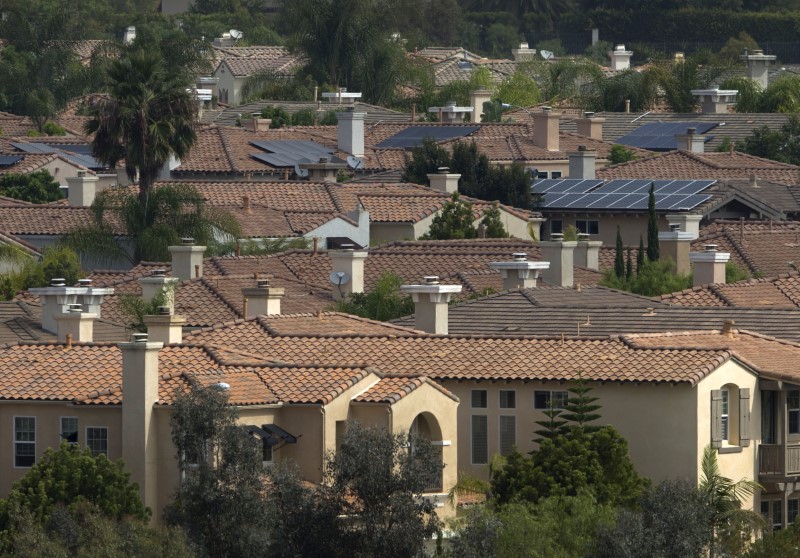By David Lawder and Nichola Groom
WASHINGTON/LOS ANGELES (Reuters) - The U.S. International Trade Commission on Friday found that imports of cheap solar panels harmed domestic producers, setting the stage for President Donald Trump to consider imposing tariffs or other relief measures to protect the nation's small solar manufacturing sector.
The unanimous decision by all four voting commissioners followed a complaint brought by bankrupt Georgia-based solar manufacturer Suniva Inc in April.
In its petition, Suniva said a glut of panels manufactured abroad, mostly in China and other Asian countries, has depressed prices and made it impossible for American producers to compete. The company, which is majority owned by Hong Kong-based Shunfeng International Clean Energy Ltd (HK:1165), was joined in its petition by the U.S. arm of Germany's SolarWorld AG (F:SWVKk).
Both Suniva and SolarWorld praised the ITC's vote. In a statement, Suniva called on Trump to implement relief that "prevents China and its proxies from owning the sun.”
The outcome was a sharp blow to the solar installation industry, which strongly opposed Suniva's petition on the grounds that it would drive up the price of solar power just as it is becoming competitive with electricity generated from fossil fuels.
The Solar Energy Industries Association (SEIA) trade group lobbied heavily against the petition, and on Friday vowed to be "front and center" in the remedy process. SEIA has warned that the solar industry would lose 88,000 jobs, or one-third of its workforce, if the hefty protections Suniva proposed in its petition are implemented.
Manufacturing jobs made up about 14 percent of the solar industry's workforce in 2016, according to The Solar Foundation.
Under the rare Section 201 trade case, Trump will make a final decision on whether to provide relief to U.S. manufacturers, and, if so, what type. The ITC will deliver its recommendations to Trump by Nov. 13. He could accept them, choose to implement something else entirely, or do nothing.
"The President will examine the facts and make a determination that reflects the best interests of the United States," White House spokeswoman Natalie Strom said in a statement. "The U.S. solar manufacturing sector contributes to our energy security and economic prosperity.”
Trump's vows to protect U.S. manufacturers from "unfair" imports, have sparked widespread nervousness among solar developers and installers that have benefited from a 70 percent drop in the cost of solar since 2010. Many snapped up cheap imported panels ahead of the decision and warned that some projects may not be completed if hefty tariffs are implemented.
Trump has taken a tough approach on trade policy and Chinese exporters in particular. Most of the solar panels installed in the United States are made in China and other Asian countries.
The United States invented photovoltaic technology and accounted for more than a quarter of global solar manufacturing as recently as 2001. But its share has dropped to less than 2 percent today.
First Solar Inc (O:FSLR), a U.S. company that makes solar panels from cadmium telluride rather than the crystalline silicon that dominates the market and is the target of the trade case, is widely expected to benefit if tariffs are implemented on products made by its competitors.

The company's shares were up 6.5 percent at $51.96 on Friday, and have gained nearly 90 percent since Suniva filed its petition. The broader MAC Global Solar index <.SUNIDX> was up less than 1 percent following the ITC's vote.